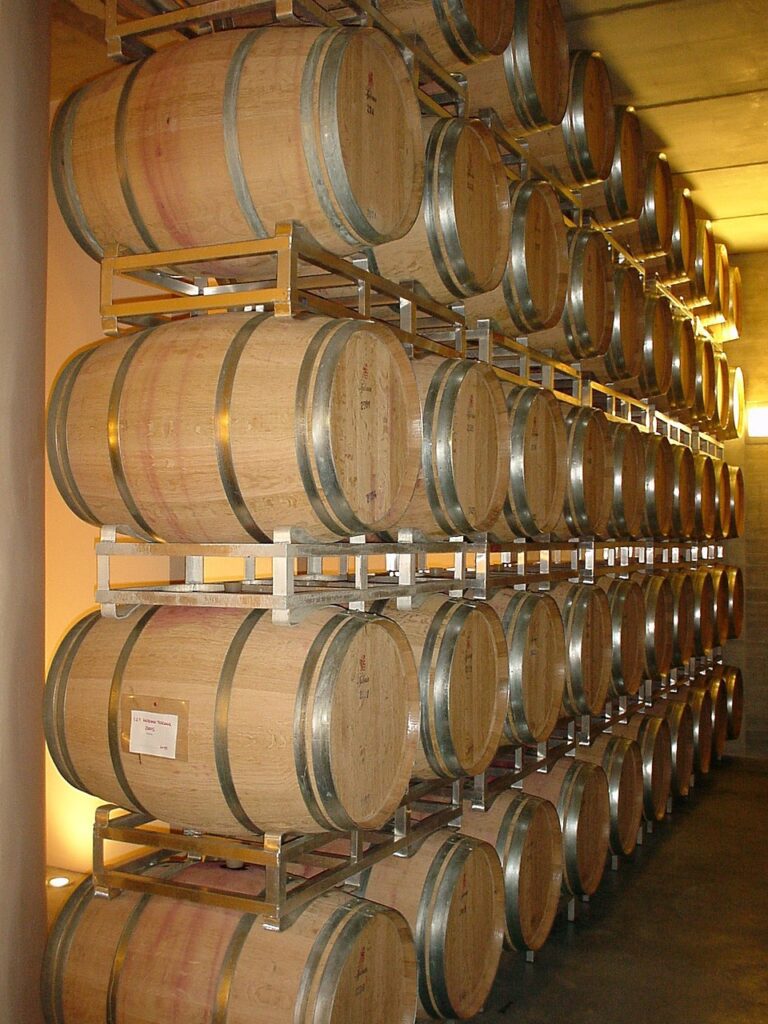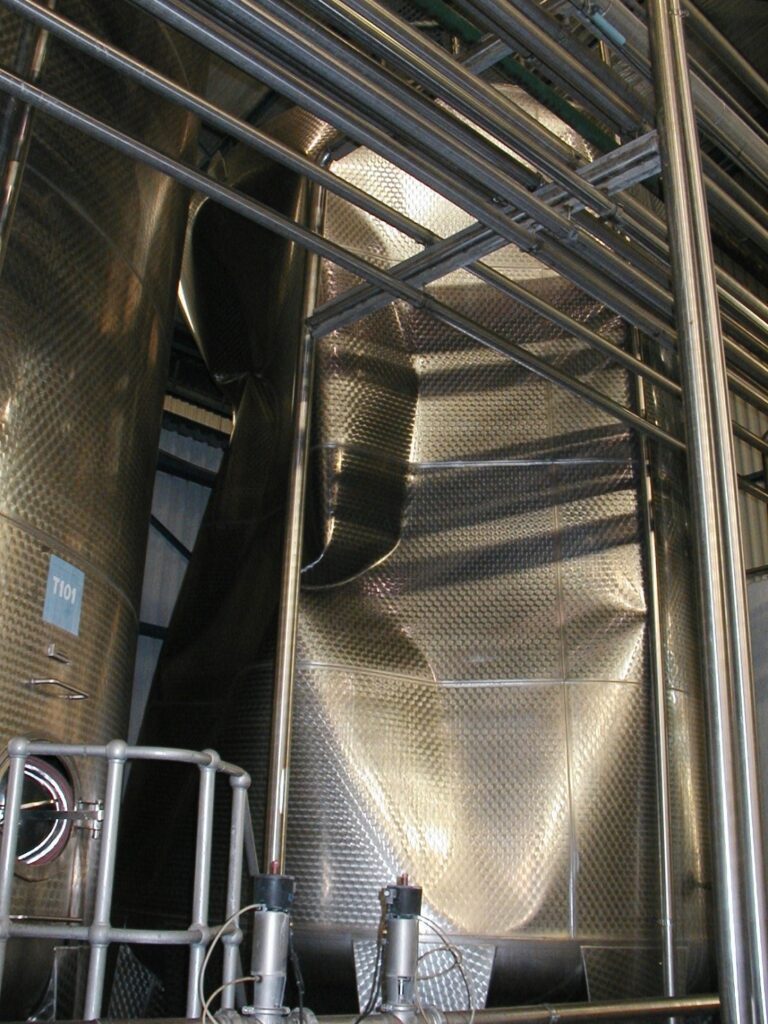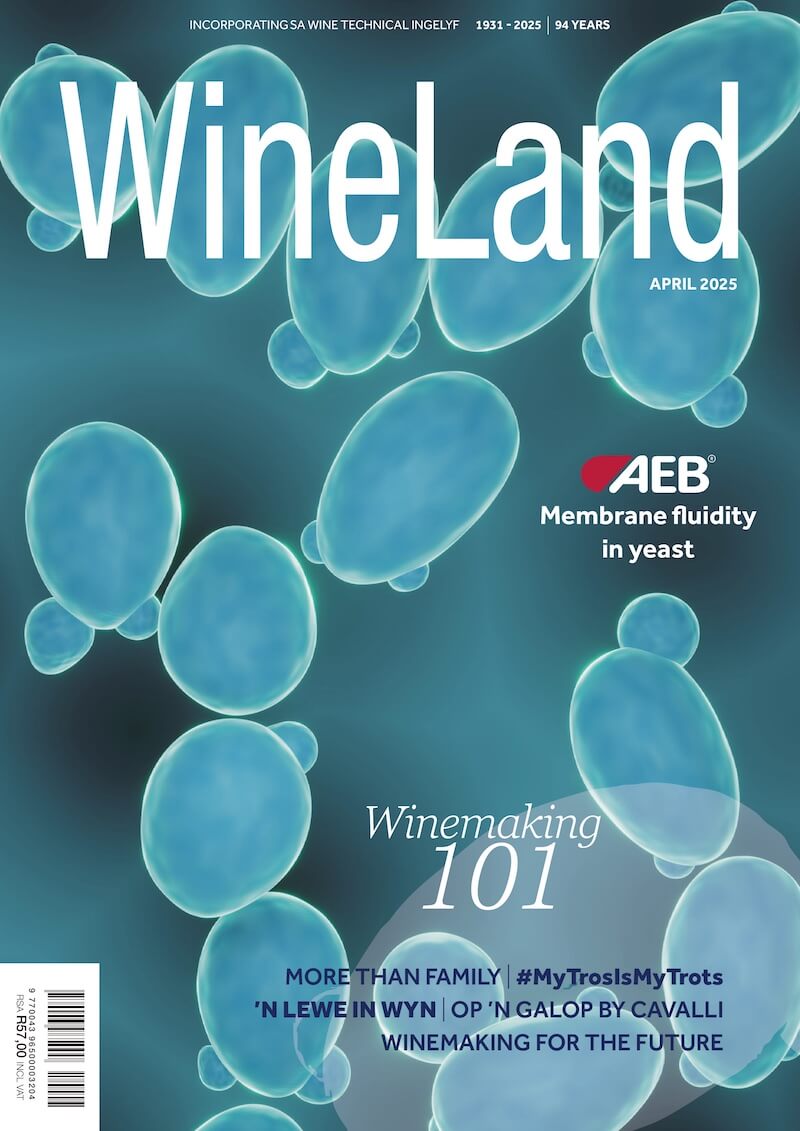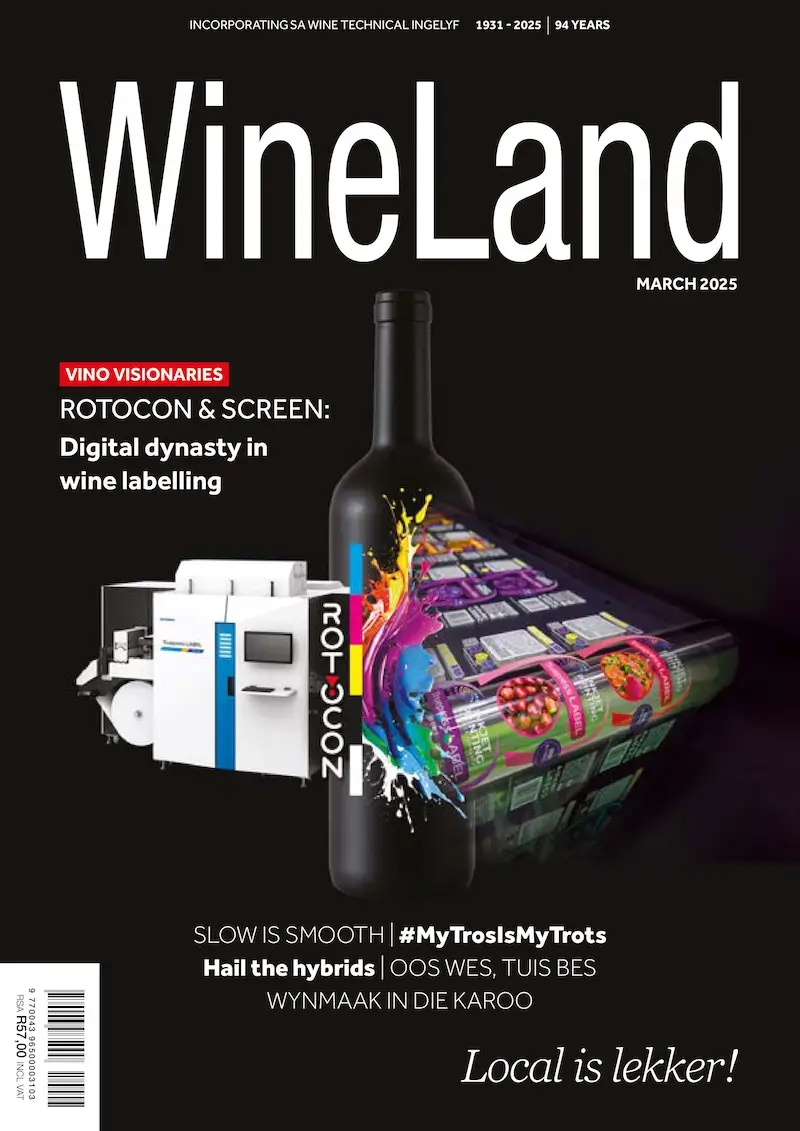John F. Kennedy, former president of the United States, wrote in 1963 that leadership and learning are indispensable to each other. This is a crucial statement as it means one cannot lead without knowledge and the desire to learn, and that it is vital to continue learning to maintain a position of leadership. Being a leader entails much more than being popular or having charisma, as it is more important that leaders should be well informed. Therefore, one cannot be in a leadership position without continuously acquiring knowledge.
Should one be asked to provide a list of the skills that highly effective leaders should have, it will usually include skills such as vision, good communication, being a team player and effective negotiator, as well as having integrity and compassion. However, it is seldom that learning, a very basic, but important skill is ever mentioned. Remarkable leaders should be lifelong learners to be effective and to make a difference. It is interesting to note that one can learn how to become a leader by attending leadership development programmes, but it is unavoidable that a leader must keep learning.
Leadership does not only refer to leading of others, as it should include skills such as knowledge transfer while working and interacting with colleagues. Leaders could easily feel as though they have accomplished everything and are no longer in much need of additional knowledge. The John F. Kennedy quote serves as a reminder that irrespective of a leadership position, for leaders to excel, they need to continue a journey of lifelong learning.
Unfortunately, there is the perception that being a leader means to step on others on the way to the top. Therefore, it is important to note that the exact opposite of this perception is true. In the process of becoming a leader it is important to help and guide colleagues, learning what works and what does not work; what should be avoided; how people respond and what they appreciate. True leaders will learn what will inspire colleagues and keep them optimistic. Only through continuous learning and acquiring knowledge one will learn how to adapt to different situations. New skills acquired mean that a leader can lead a team more effectively and is then able to transfer the knowledge acquired to team members and colleagues. Feedback from colleagues or even self-evaluation is always beneficial, as our own views can be different to that of colleagues and there is always room for improvement.
Leaders and role models cannot expect their teams to develop and grow if they are not growing themselves. Leadership is a journey focussed continuously on becoming more effective. It is also true that teams perform best when one person has certain qualities, i.e., to inspire the team and to help them to reach decisions. One should remember that leadership is not limited to the cellar and the workplace only, as every area of life needs good leaders. The skills and characteristics that make someone a good leader in the cellar also apply to other areas. Without leadership less would be accomplished and fewer challenges resolved, and there would be no sense of direction.
Participating cellars in the Winetech cellar assistant programmes believe in increasingly giving potential leaders added responsibilities, but to guide them and let their leadership qualities develop in time. According to winemakers and cellar management, the exposure participants receive in the Winetech cellar assistant programmes, contributes to the development of leadership skills, increased confidence, and new perspectives. The increase in confidence cellar assistants experience, results in improved responsibilities accepted by them and a noticeable improvement in teamwork. Cellar assistants’ abilities to lead are developed and role models are established.
The spontaneous way cellar assistants take charge and consequently the respect it commands amongst fellow cellar assistants, are important leadership qualities. Most participating cellars confirmed that potential leaders are equipped with vital, necessary knowledge to be able to provide leadership in the cellar in future. Knowledge and technology transfer is considered crucial, but a holistic approach ensures the optimal development of individuals. Therefore, personal development should be considered as equally important to ensure the optimal development of future leaders. However, the development of future leaders should be dealt with the necessary sensitivity, so that there cannot be a perception that individuals are merely promoted.













